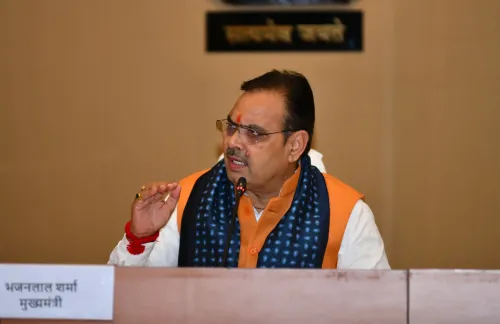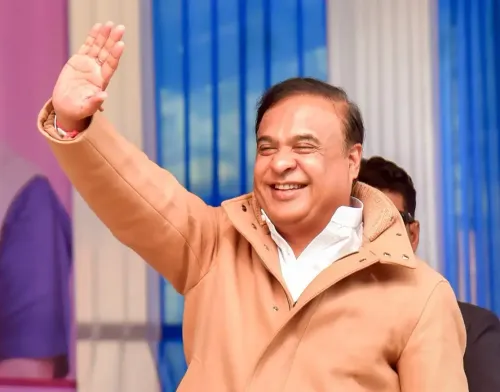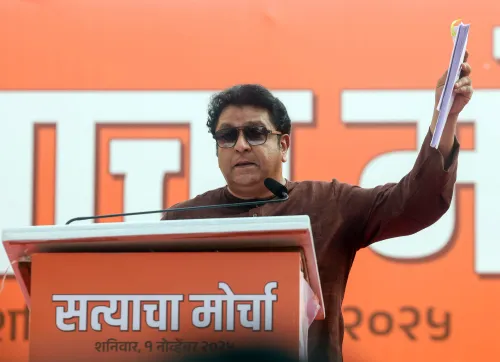Supreme Court Clarifies When CBI Involvement is Justified

Synopsis
Key Takeaways
- Supreme Court emphasizes limited CBI involvement.
- Investigation transfer must be based on substantial evidence.
- Routine CBI investigations are discouraged by the court.
- Allegations must be supported by solid proof.
- Judicial caution is necessary in early-stage investigations.
New Delhi, Apr 11 (NationPress) The Supreme Court has emphasized that a CBI investigation should not be routinely mandated by courts based on mere allegations against local police, but should only occur in exceptional circumstances.
A bench comprising Justices Sudhanshu Dhulia and K. Vinod Chandran provided this guidance while addressing a special leave petition by an accused challenging an order from the Punjab and Haryana High Court that transferred the investigation from the Haryana Police to the Central Bureau of Investigation (CBI) at the request of the complainant.
The complainant, a businessman in the pharmaceuticals industry, claimed that the accused-appellant impersonated an Inspector General of the Intelligence Bureau (IB) and coerced him into transferring Rs 1.49 crore into his account while forcing him to engage in business with the accused’s associates.
Justice Dhulia remarked, "It is perplexing to understand why the complainant sought intervention from the High Court under Section 482 CrPC as early as January 2023 for a CBI investigation when the FIR was filed on 22.10.2022 and the investigation was in its initial phase."
The bench noted that the complainant acknowledged knowing the appellant since 2019 and questioned why he failed to discern the truth until October 2022, even if the appellant was impersonating an IPS officer.
The apex court highlighted that the Punjab and Haryana High Court should have exercised caution before interfering with the investigation, as this case was not suitable for CBI involvement at such an early stage. "It is crucial to note that the allegations do not concern a high-ranking IPS officer but rather an individual impersonating one! The complainant's claims of collusion among high-ranking Haryana Police officials are insufficient to warrant a CBI inquiry without solid evidence," it stated.
The Justice Dhulia-led bench concluded that a CBI investigation should be initiated only in instances where there is prima facie evidence demanding central agency involvement and should not be based on vague allegations.
After reviewing the case records, the Supreme Court determined that this situation did not merit directing a CBI investigation, thus overturning the order from the Punjab and Haryana High Court.










